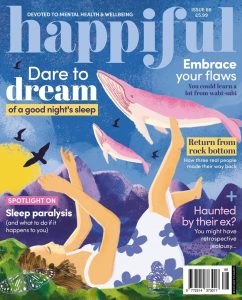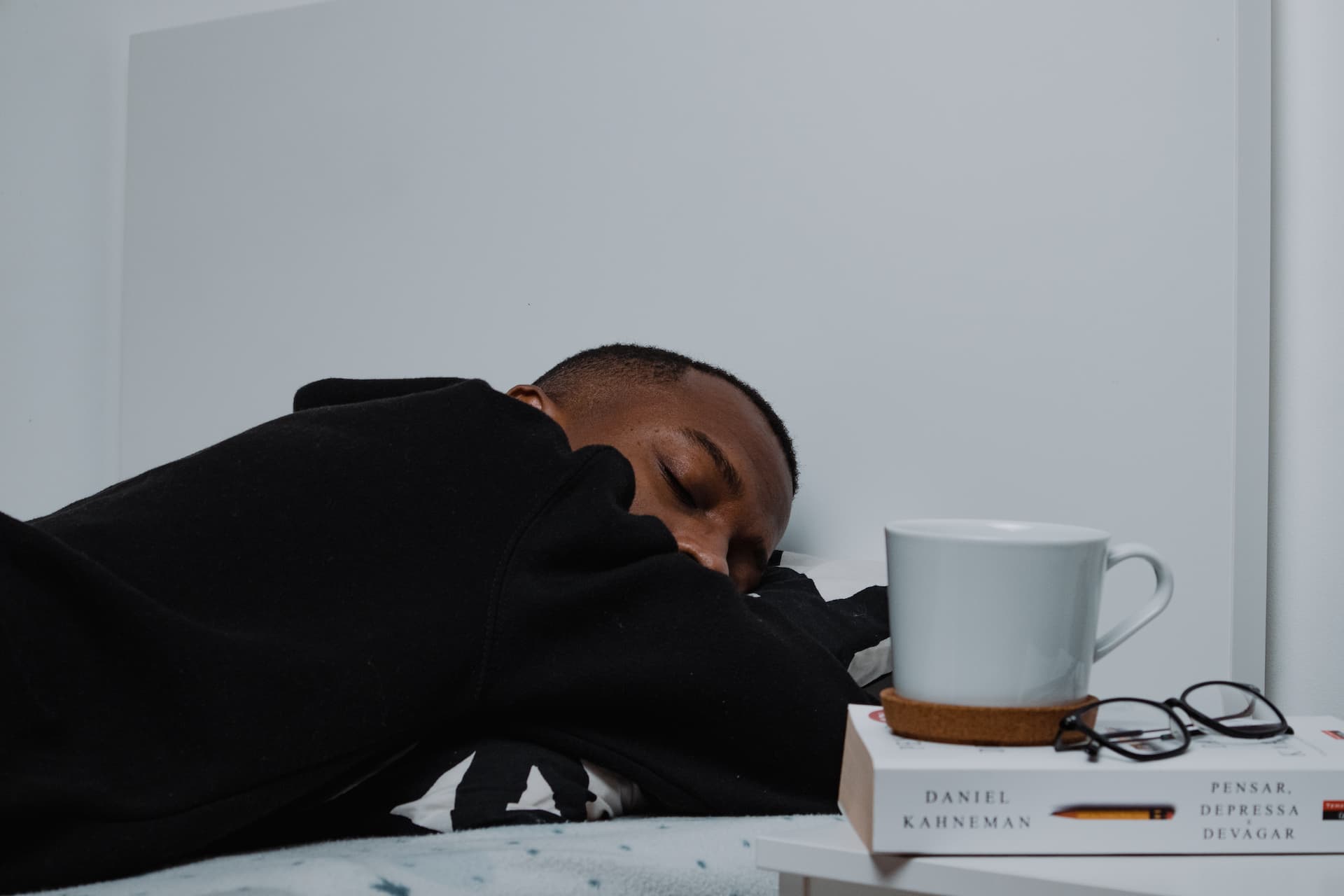Dr David Oyewole explains sleep paralysis in Happiful Magazine
Dr David Oyewole, consultant psychiatrist and medical director at Nightingale Hospital, features in an article on sleep paralysis in Happiful Magazine.
Happiful writer, Kathryn Wheeler, explains that sleep paralysis can be identified as a brief loss of muscle control, known as ‘atonia’, which makes you feel as though you are unable to move.
“This tends to happen just after falling asleep, or as you begin to wake, and it can fall into two categories: isolated (when the episodes are not regular, and are not linked to another underlying diagnosis) and recurrent sleep paralysis, which involves multiple episodes over a period of time.”
Kathryn spoke to Dr Oyewole, in order to understand what specifically causes sleep paralysis.
“Sleep paralysis happens more frequently than commonly thought,” says Dr Oyewole.
“Some studies have shown about 30% of people have experienced at least one episode of sleep paralysis. In the general population though, it is thought to be closer to 8% having experienced an episode.”
“People experience sleep paralysis when they become ‘partially awake’ during sleep. To explain, when in a stage of sleep associated with dreaming (rapid eye movement, or REM), the brain normally switches off, or reduces the ability of the body to move. However, some people become awake before the brain switches the body back to normal movement. If that happens, one then experiences being awake but not being able to move, which can understandably feel quite scary.”
Research cannot definitively explain what causes sleep paralysis, however, Dr Oyewole explains there are some known links.
“It is known that stress and emotional challenges can increase the chances of sleep paralysis, as well as eating, drinking alcohol or coffee, or exercising just before bedtime,” he explains.
In terms of preventative measures against sleep paralysis, Dr Oyewole offers a few suggestions:
“Good sleep hygiene (such as prioritising sleep, sticking to a routine, and staying active throughout the day) will help minimise your chances of being affected by sleep paralysis.
“Avoid drinking alcohol or caffeine, eating, or exercising for four hours before bed. There’s also evidence to suggest you should avoid sleeping on your back.”
Importantly, Dr Oyewole indicates that if you do experience instances of sleep paralysis, you should discuss this with your GP to explore any potential underlying problems.
“Any mental health problem can increase the risk of sleep paralysis, but anxiety, PTSD, and obstructive airway sleep apnoea may be linked more than other conditions,” he says. “It isn’t thought that sleep paralysis causes mental health problems, but more an indicator that there may be some already present.”
“Being referred to a specialist, and then assessing or treating any underlying mental health disorder, is likely to be the next step and helpful in overcoming sleep paralysis,” he says.
“A few people may need to see a specialist for their sleep paralysis, but be wary of unproven treatments or self-help methods that one can just find on the internet.”
He does add that many people who do experience sleep paralysis tend to only have it for a limited time, and it often goes away without the need for any professional intervention.

Dr David Oyewole explains sleep paralysis in Happiful Magazine’s latest issue








